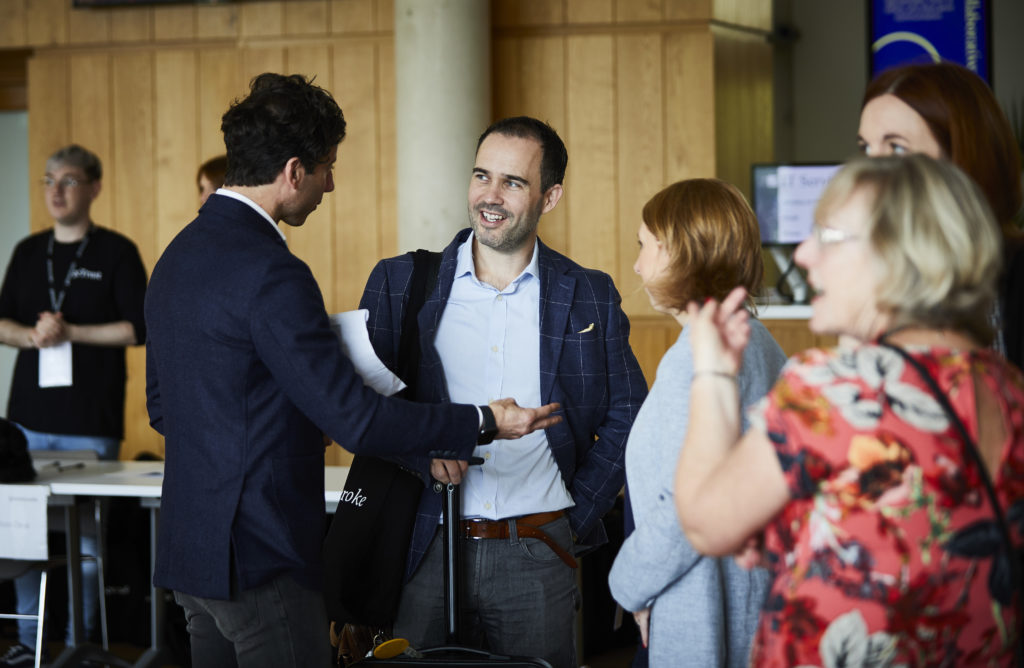- People
- Expertise
Our expertise
We are a team of more than 500 professionals, with the depth of experience which makes us genuine experts in our fields. Together, gunnercooke’s people have strength across just about every corporate discipline and sector. We provide legal, commercial and strategic advice that delivers real value to the clients we work with, which span from multinational enterprises through to unicorns and non-for-profit organisations. Our breadth of expertise covers some of the most interesting and important emerging disciplines, from ESG and charity law, to blockchain and competition.
Search by practice areaDispute ResolutionDispute Resolution OverviewMeet the Dispute Resolution TeamIntellectual Property DisputesFinancial Services & FinTech OverviewProceeds of CrimeEmployment TribunalTax InvestigationProperty Dispute ResolutionInsolvency DisputesMediationCivil Fraud & Asset TracingHealth & SafetyBusiness Crime & InvestigationsLitigation & ArbitrationInternational Arbitration - International
International Offices
The gunnercooke group has 15 main global offices across England, Scotland, the US, Germany and Austria, with further plans for growth in the coming years. These offices enhance the existing in-house capability of our dedicated international teams and dual-qualified experts that cover Spain, France, Italy, Portugal, Brazil, China, India, Poland and Hungary. Our team have clients across 123 jurisdictions, speak 46 languages and are dual-qualified in 21 jurisdictions. Our expertise means we can offer large teams to carry out complex cross-border matters for major international clients.
- Our story
Our story
gunnercooke is the fastest growing corporate law firm in the UK, now making its mark globally. We comprise a rapidly growing number of experts spanning legal and other disciplines. Clients benefit from flexible options on fees to suit their needs, access to a wider network of senior experts throughout the relationship, and legal advice which is complemented by an understanding of the commercial aspects of running a business.
- Reading Room
- News & Insights

Over the past two years, the firm has recruited 66 new partners and opened offices in Birmingham, and across Scotland and Germany. The firm’s rapid growth has been accelerated by the pandemic and the changes in mindset when it comes to a career in law. Here are five of the biggest trends in legal recruitment and our predictions for the market in the years to come.
- Recruitment has its mojo back.
‘It’s been a challenging two years for the recruitment industry, across all sectors. But we are starting to see more confidence in the legal market and signs that the volume of opportunities is as buoyant as ever. We’ve made it through multiple lockdowns, and it looks like the end might really be in sight. gunnercooke bucked the trend in the last two years and has seen huge growth in the last two years, which makes it a really exciting time to be joining the firm.
- The competition for top talent is hotter than ever.
‘Now that firms are picking up their recruitment again, there’s a lot of latent demand for legal talent. Now that the market is opening up again, it’s undoubtably candidate scarce. Candidates know this so they have become clearer and more specific in what they want from their workplace and career. This means businesses need to step up their game to compete for the top talent. Interestingly, it seems that traditional businesses are struggling more than alternative models, most likely because the pandemic has heightened the importance of flexible working. gunnercooke has had more recruitment enquiries than ever before over the past two years.’
- A more diverse talent pool.
‘The legal sector has already made leaps and bounds when it comes to diversity, but there’s still a long way to go. Initiatives to help broaden access to the legal profession, such as the changes to qualification via the SQE are really important and I was pleased to see gunnercooke had begun discussions on this before I joined.
‘At the other end of the spectrum, it’s a breath of fresh air to see senior lawyers making career moves, even at later stages in their journey. Whether it’s joining a new firm, changing industries entirely, setting up a consultancy, or joining a fee share firm like ours, people are recognising the benefits of a different way of working. There is no longer the hesitancy of 10 years ago, where employees remained in a business until retirement. One of the good things to come out of the pandemic is an acceleration of the changing mindsets when it comes to taking control.’
- An entrepreneurial mindset.
‘One of the most striking changes in professional services recruitment is the impressive quality of talent. We are seeing candidates with an entrepreneurial mindset looking to achieve more out of their career at an earlier stage than ever before. Equipped with heaps of ambition, a wider range of commercial business skills and savviness when it comes to the new digital world, we have a new generation of lawyers upping the ante.’
- Culture is everything.
‘As the younger generation make their way up the career ladder, culture is becoming even more central to recruitment. Candidates are looking at the ‘employer brand’, whether that’s benefits (and I don’t just mean holidays and a Christmas party) or culture. Lawyers want to join organisations that align with their values and ethics, and care about the same causes as them.
‘Culture is incredibly important, and it’s something that has consistently been at the heart of the firm since we first established gunnercooke. It will remain central to the business as we continue to grow and open offices across the world. Being able to replicate culture across new jurisdictions is difficult, and it all starts with the recruitment of your team. Having the right people at the inception of these new offices and having a clear recruitment strategy that can be adapted throughout each region is essential in appointing the right talent and ensuring the culture of a firm remains unified.’



